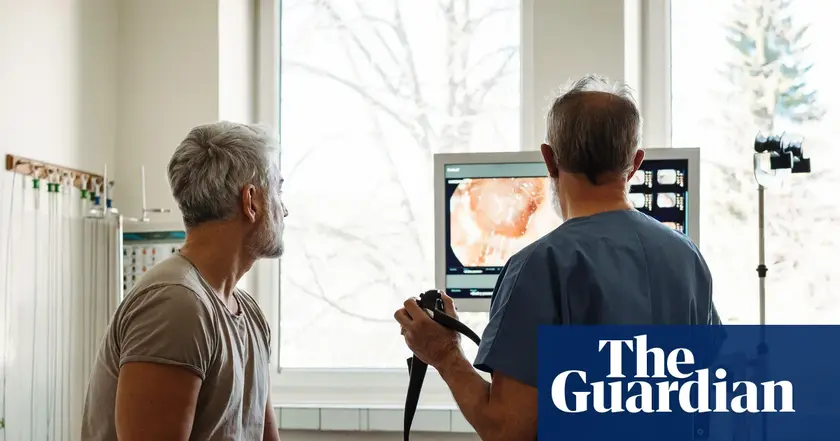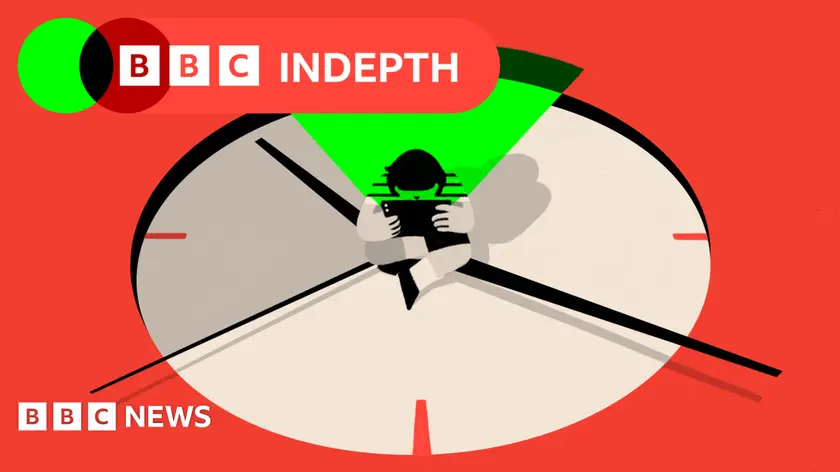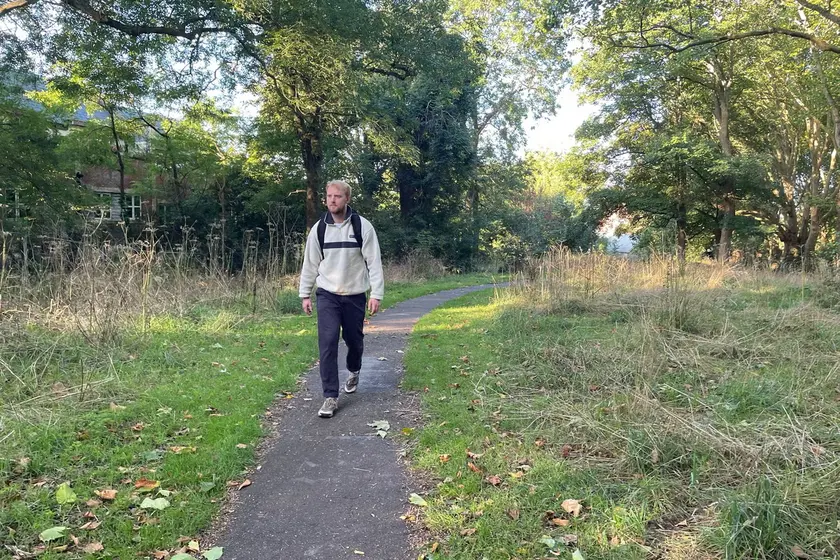T4K3.news
Lower screening age set to reshape guidelines
Guidelines push earlier screening and explain what colonoscopy entails along with non invasive options.

Guidelines push earlier screening and explain what colonoscopy entails along with non invasive options.
Lower screening age reshapes cancer screening rules
Colorectal cancer is a leading health issue in both the United States and the United Kingdom. In the United States, guidelines lowered the start age for screening from 50 to 45 in 2021, while the UK is moving toward offering screening at 50. The rise in rates among adults under 50 has prompted doctors to adjust recommendations and emphasize early detection. Fewer than 20 percent of those aged 45 to 49 are up to date with screenings, compared with about 72 percent of people aged 50 to 75, underscoring a gap between guidelines and practice.
Key Takeaways
"A colonoscopy is an endoscopic procedure, meaning we use a camera at the end of a long tube to examine the colon and rectum"
Defining the procedure for readers unfamiliar with it
"Intravenous sedatives make the procedure easy, and there is no pain or discomfort"
Describing the patient experience
"We need to make sure that people are aware of these symptoms"
Emphasizing the importance of symptom awareness
"Screening should be viewed as part of the gold standard for colorectal cancer screening"
Advocating for robust screening norms
The shift to earlier screening reflects a long term effort to catch cancer sooner and save lives. It also highlights tensions in health care: how to reach people who are unaware of guidelines, how to manage the demand for colonoscopies, and how to balance non invasive tests with the gold standard procedure. As screening becomes more common, clear public information will be essential to avoid confusion and ensure people act on symptoms without waiting for a test window.
Highlights
- Early screening is a defense against a silent disease
- Sedation makes the test feel painless
- Know the symptoms and act on them
- Tests should be part of the gold standard for screening
Public health screening policy under discussion
Lowering the screening age and expanding at home testing raise questions about access, resource use, and how people respond to new guidelines. Clear messaging is needed to avoid confusion and unequal access.
Health systems will keep adjusting as guidance and real world uptake evolve
Enjoyed this? Let your friends know!
Related News

James Van Der Beek reveals his colon cancer diagnosis

ADHD studies show wide impact

Colorectal cancer screenings expand as cases rise

Growing concerns over children's screen time

Colorectal cancer rises in younger adults as screening guidelines expand

New heart age calculator launched to improve cardiovascular health awareness

Supreme Court to review age verification laws affecting Pornhub access

Japanese walking method gains social media attention
